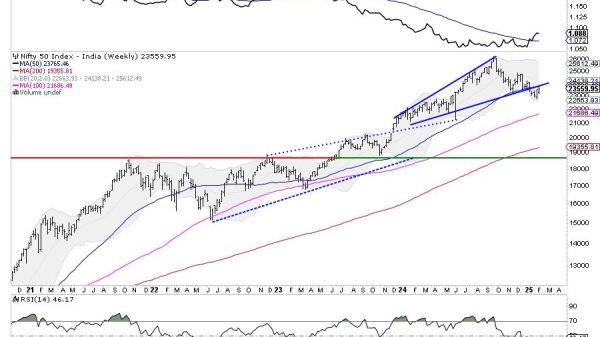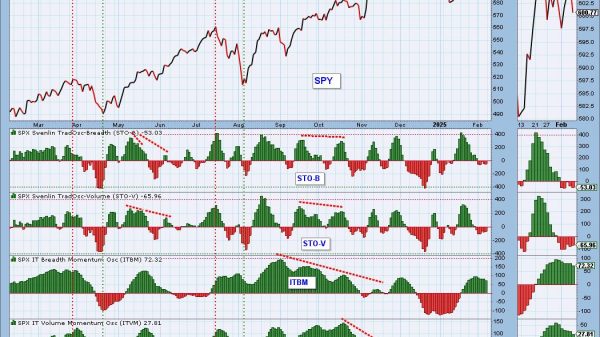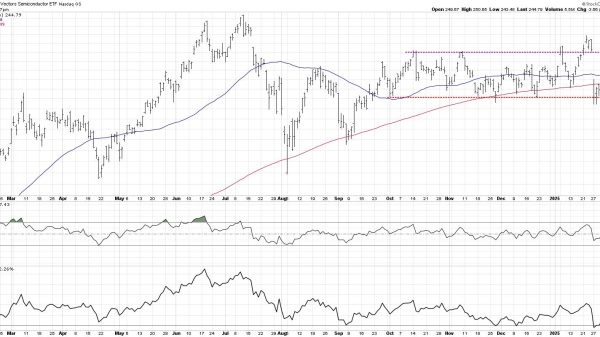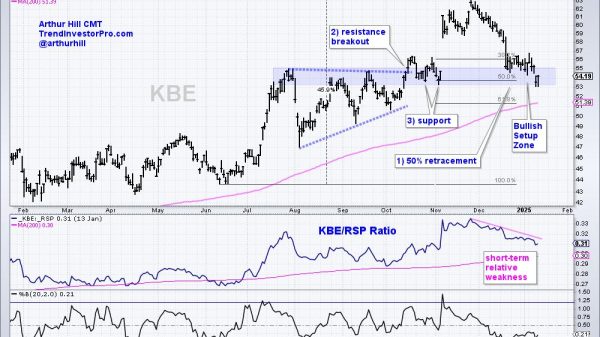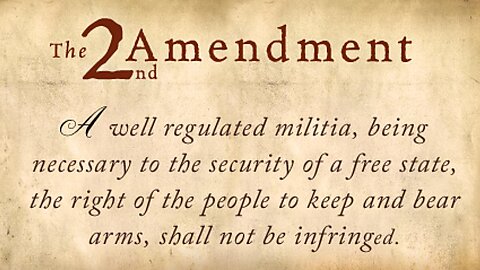Matthew Cavedon

Back in July, money to pay the private attorneys who represent 40 percent of federal criminal defendants ran out. Congress’s fix so far? Kick the can down the road.
Fortunately for the 90 percent of federal defendants who cannot afford to pay a lawyer, including most of the January 6 defendants, the Constitution guarantees everyone charged with a crime the right to counsel. That is an essential safeguard for personal liberty and the rule of law. As the Supreme Court’s landmark decision in Gideon v. Wainwright put it, a defendant “cannot be assured a fair trial unless counsel is provided for him. This seems to us to be an obvious truth.” After all, “That government hires lawyers to prosecute and defendants who have the money hire lawyers to defend are the strongest indications … that lawyers in criminal courts are necessities, not luxuries.” Without the right to counsel, there is neither due process nor equality before the law.
The federal government implements the right to counsel in two ways. First, it employs full-time, salaried public and community defenders, who represent 60 percent of indigent defendants. As for the rest, the government contracts with private lawyers at rates well below what attorneys charge private clients.
However, even those reduced rates can’t be paid without Congress’s approval, and that’s where the current trouble comes in. The fiscal year 2025 spending bill froze funding for contract lawyers at 2024 levels. This was bad enough by itself, forcing attorneys to wait months to collect the pay the government owes them.
But the crisis may become even worse. Congress’s fiscal year 2026 budget is expected to underfund payments again, possibly even taking money from next year’s funding to cover this year’s holes. That would set up lawyers for more frustration in just twelve short months.
No lawyer is legally required to provide indigent defense, and a yearly ride on a funding merry-go-round could push many away from doing so. That would be a problem for the entire criminal-adjudication system. For example, the government’s plans to “relentlessly pursue criminals” could not get off the ground without the availability of defense counsel. Not to mention, any efforts that do start would be likelier to imprison the wrong people and leave actual criminals out on the streets. Just like hiring police, prosecutors, judges, court reporters, and bailiffs, paying defense attorneys is one of the costs of enforcing criminal laws.
Congress has a bad habit of relying on budget gimmicks instead of good sense. Its unwillingness to restrain unnecessary spending now leaves it unable to pay for one of the few budget items that is constitutionally required. Justice will be poorer for it.






